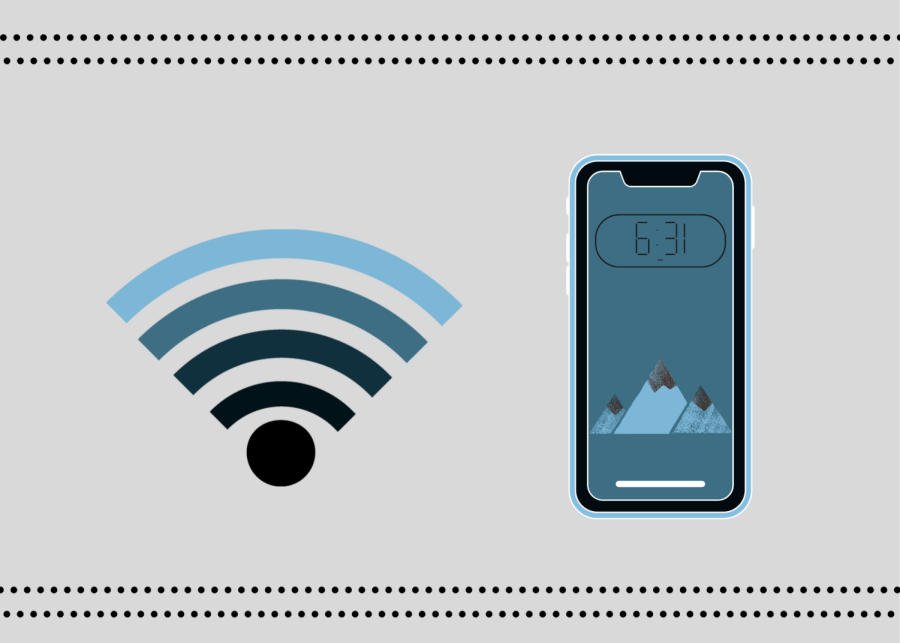VPNs vs. blocked media
VPNs are used at school by many students.
A virtual private network (VPN), is a network used to have a private connection, on the public internet. This makes it so that you are able to bypass certain restrictions such as blocked apps and websites because your connection is private.
Schools across the country block certain websites and apps for reducing cyberbullying, cheating, and protection from sketchy ads and websites.
Many social media apps and mobile games are restricted so students will be more productive in their studies and learning. The main use of VPNs in our school is to be able to access Snapchat the most popular form of communication among students.
Cassera Fitzke has noticed that when she has uses the school Wi-Fi for research projects, some of the websites she needs to use are blocked. Some websites and apps are unsafe to use, but sometimes websites and apps seem to be unnecessarily blocked.
Curtis Nelson, our District Technology Director, explains how the district goes about blocking websites and apps by stating, “the district uses a filter provided to us by Clackamas ESD. The service that they use has a mix of artificial intelligence as well as people who review online resources on a nearly constant basis. The filter also detects resources that are configured poorly or incorrectly as well. It is updated automatically and routinely. Blockages can be for a wide variety of reasons. The school district accepts the filter as it is provided to us by the provider and the ESD.”
As the majority of the student body leans towards having accessibility to specific apps and websites, the students will continue to use VPN’s whether not they are safe.











